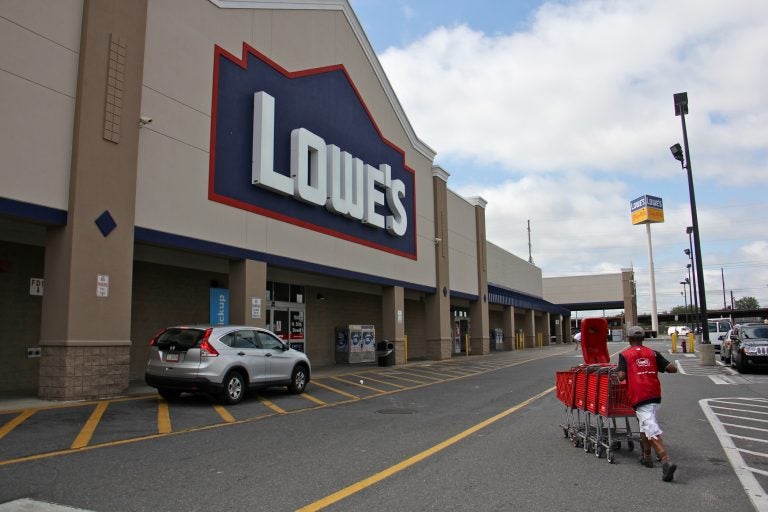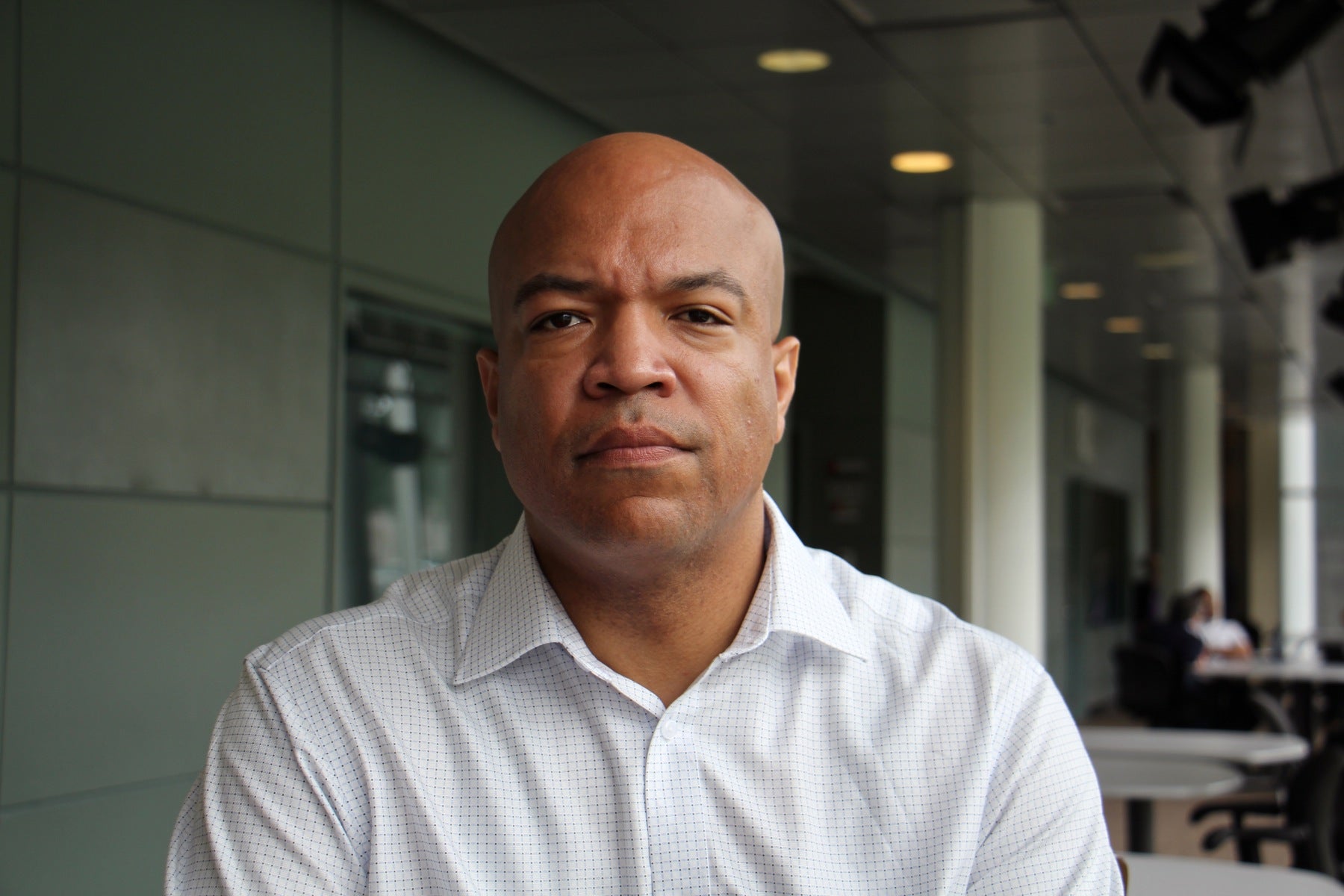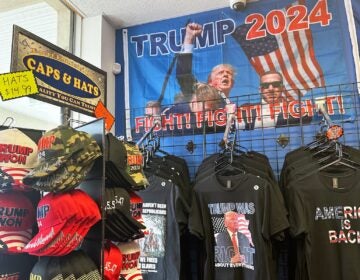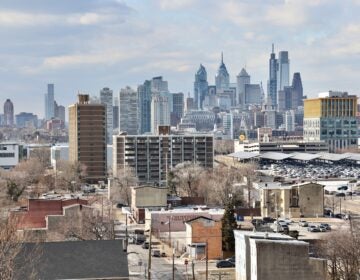One Philly man’s experience spurs Lowe’s to reconsider receipt policy
Wynnefield resident experiences different treatment at a Lowe's in the suburbs and the West Philadelphia location. The latter is considered a 'high-theft' store.
Listen 3:06
The Lowe's home improvement store on North 50th Street in West Philadelphia. (Emma Lee/WHYY)
Will Mega spent a lot of money and asked a lot of questions at Lowe’s over the Memorial Day weekend.
In retrospect, if he hadn’t had to purchase so many items for the work he was doing on his home, he wouldn’t have questioned Lowe’s practice of requiring customers to show their receipts at the exit of the home-improvement chain’s West Philadelphia store.
“I have a whole stack of highlighted receipts at home,” Mega said, referring to the sales slips Lowe’s employees had marked at the exit in past weeks. “You’re rushing out, and you don’t even think about it being an injustice.”
But this time Mega thought about it. He wondered: If Lowe’s employees clearly saw him purchase his items at the cashier’s station, why would he be required to show the receipt when leaving only a few feet away? Were receipts checked at every Lowe’s? Not only was the practice an inconvenience, but was it racial profiling if the customers who patronized that particular store were overwhelmingly African-American?
Mega answered his query the next day by making a purchase at the Havertown store, located about a mile away from his Wynnefield home. When asked if he had to show his receipt, the cashier shooed him out, saying that the store doesn’t implement the practice in the suburbs.
“This is the white ‘hood,” she joked.

His experience — and his subsequent videotaping of his confrontation with the West Philadelphia store manager — may lead Lowe’s to change its practice of checking receipts at the stores it has designated “high theft.”
In a statement, Lowe’s confirmed that “Mr. Mega’s experience has compelled us to review how we verify customers’ purchases and evaluate similar practices across the retail industry.”
The store’s statement added: “ It is always our intent to make everyone feel welcome while shopping at Lowe’s.”
It all began May 26, when Mega, who is the dean of students at a North Philadelphia charter school, bought a grill at the Lowe’s on 50th Street in the Parkside section of West Philadelphia. The bar code was missing from the grill, and the customer service wasn’t the best, he said. He finally made the purchase, got a receipt, and headed to the exit, less than 30 feet away, where he was asked to show his receipt.
The next day, he returned to the store to pick up some items he had already purchased and put on hold.
“I thought, ‘I’m going to bring my [cellphone] camera,’ ” Mega said. “I don’t know what’s going to happen, but, if it happens, it’s going to be recorded.”
The area where his items were being held was just steps away from the exit, he said. He signed a document verifying he had picked up the items and received a receipt. Sure enough, an employee asked for his receipt at the exit.
In a heated videotaped exchange, Mega insists that the manager show him the receipt policy.
The manager tells him not to take it personally, that the practice is in place because the store is designated a “class 6” — or high theft.
When Mega asks if the practice occurs only in inner-city neighborhoods, an employee nods her head yes.
Jeffrey Boles, a professor at Temple’s Fox School of Business, said he has not seen any research on how checking receipts at a store’s exit reduces crime. In fact, he said he’s seen data on how the practice alienates customers.
“It makes customers uncomfortable,” he said. “In addition, it’s a inconvenience because customers have to wait in two lines: the first to purchase and the second to have their receipt checked.”
Boles also noted that the practices raises the question of racial profiling.
“I wonder why the store has implemented this specific loss prevention tactic as opposed to others,” he said. “Why would it be requiring a customer to go through this extra step, and it’s not being applied to other stores across the board?”
Mega, who has filed a complaint with the Pennsylvania Human Relations Commission, said he’d like to see a fair policy implemented across the board so no Lowe’s customer will be stopped and asked to show a receipt.
“Just because others may have committed a crime, I should not be treated like a criminal,” he said. “That’s just not fair. It leaves open too many possibilities to discriminate against people.”
In its statement, Lowe’s said it has contacted Mega “to understand more about his experience and continue the dialogue.”
WHYY is your source for fact-based, in-depth journalism and information. As a nonprofit organization, we rely on financial support from readers like you. Please give today.




